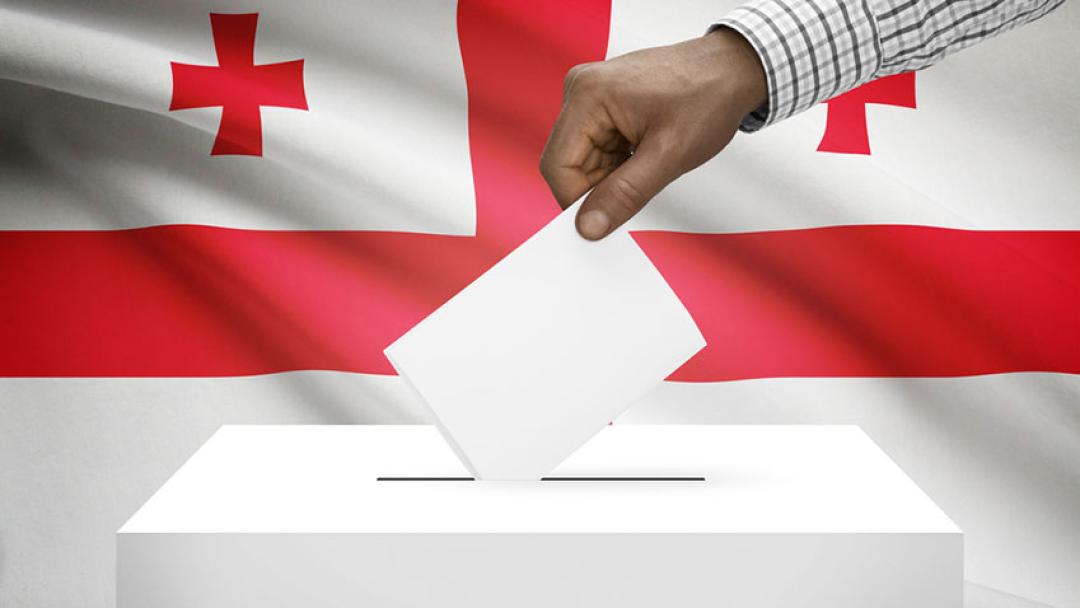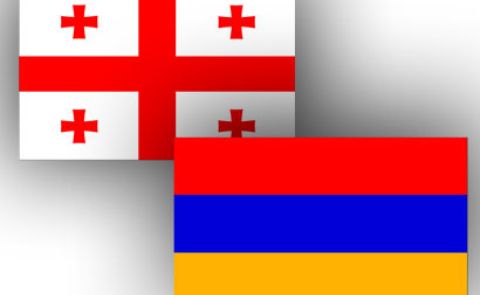
Inside Georgia’s 2024 Elections

The 2024 parliamentary elections in Georgia have stirred intense debate, with opposition parties alleging widespread voter fraud orchestrated by the Georgian Dream (GD) government. Even though international observers concluded that the elections were “orderly” and “generally procedurally well-organized,” they also highlighted concerns about voter intimidation, pressure on public sector employees, divisive campaign rhetoric, and a polarized media environment.
A day after the elections, Georgian people gathered outside the parliament building to protest what they believe are rigged results, calling on the international community to facilitate a second round of impartial elections.
Were the Elections Rigged?
The claims of election fraud by opposition parties are hardly unique to 2024. Nearly every election in Georgia has sparked accusations of fraud and mass protests. After the 2020 parliamentary elections, for example, the opposition refused to take their seats, leading European Council President Charles Michel to broker an agreement encouraging cooperation between the opposition and the GD in parliament. Today Georgia faces a similar post-election scenario.
Georgian President Salome Zourabichvili, the leader of concerted pro-Western efforts, has cited instances of individuals casting multiple votes as electronic counting machines could not verify voter identities. She also pointed to a significant discrepancy between exit polls and actual election results, which she described as unusual for a fair election.
Western allies, including the U.S. and the EU, have urged the Georgian government to investigate reports of misconduct but have refrained from declaring the election fraudulent. In a joint statement, EU ministers condemned “all violations of international norms for free and fair elections,” while the U.S. State Department stated that there is a diminished international trust “in the possibility of a fair outcome.” Sweden has suspended its cooperation with the Georgian Dream, according to Swedish Minister for Development Cooperation and Foreign Trade Benjamin Dousa, and Canada announced that it would “reassess its relationship with the Georgian leadership.”
The international community has expressed reservations about the election outcome, but it is now up to Georgia’s opposition to obtain convincing evidence of electoral fraud for stronger domestic and foreign support.
Georgia’s Political and Demographic Divide
Whether or not the elections were rigged, they still reveal important insights into Georgia’s political landscape.
First, let’s consider the protests earlier this year against the “foreign agents” law. The proposed legislation, widely criticized as a Kremlin-style law that could curtail civil liberties, was strongly opposed by pro-Western Georgians, mostly by the youth and citizens living abroad. This demographic, focused on Georgia’s European aspirations, sees their country’s future aligned with the EU and has little patience for anti-Western narratives. Unsurprisingly, the opposition won over half the vote in major cities like Tbilisi, Batumi, Rustavi, and Kutaisi and performed strongly among Georgians living abroad.
However, this urban, youth-driven surge in opposition was countered by a different story in rural areas, where the GD had a significant advantage. Allegedly, much of the election fraud also took place outside urban areas, where economically disadvantaged older voters, arguably less concerned about Georgia’s European trajectory, could be more easily persuaded to sell their votes.
Second, there is a generational divide in Georgia and the ruling party knows its audience. While the young find the government’s anti-Western rhetoric alarming, GD leverages this stance to secure strong support among older, Soviet-born generations who constitute the majority of the electorate.
For instance, the cornerstone of the Georgian Dream’s campaign was a promise of peace amid the ongoing war in Ukraine. Party officials repeatedly claimed that “outside forces” were trying to pull Georgia into a war with Russia and stressed their unwavering commitment to maintain peace. Even though they provided no specific evidence or named actors behind these alleged threats, they still managed to position themselves as the ultimate defenders of peace in the country that endured Russian occupation in 2008.
The U.S. visa sanctions on several Georgian officials following the adoption of the “foreign agent” law further reinforced GD’s portrayal as a patriotic force. Party members publicly declared their readiness to defend Georgia’s sovereignty at personal cost, promoting the law as a necessary stand against foreign influence in domestic politics, often citing NGOs, embassies, and public statements as evidence of Western interference. They pledged to serve the national interest, presenting their anti-Western stance as proof of their dedication.
Meanwhile, the opposition merely downplayed these claims and fell short of presenting a persuasive counter-narrative for voters who were swayed by fears of foreign meddling. For many Georgians, especially those raised during the Cold War, claims about the West’s malign intentions are not easy to dismiss. While the opposition emphasized Georgia’s path toward Europe, the ruling party’s message struck a chord with voters increasingly wary of external influence, believing only the Georgian Dream could deliver true independence.
Third, public grievances against the former ruling party, the United National Movement (UNM), as well as political figures associated with it, are still prominent. Much of today’s opposition includes members of former President Mikheil Saakashvili’s UNM, which the Georgian Dream replaced in 2012. The GD frequently invokes the controversies of that period, highlighting human rights violations and the influx of Georgian cases in the European Court of Human Rights. The founder of the Georgian Dream, billionaire Bidzina Ivanishvili, has even vowed to prosecute UNM crimes after the elections—a promise that resonated with many firmly opposed to the UNM’s return to power in any form or shape.
Looking Ahead
Despite Georgian Dream’s reported 54% of the vote, the results still indicate declining support for the ruling party, particularly in urban areas. The government has lost significant backing among younger generations, and without a substantial shift in GD’s foreign policy, regaining their votes will be challenging. With local elections on the horizon in 2025, the opposition has a strong chance to secure mayoral seats in major cities, if they agree on single candidates.
Georgians have also expressed a desire for a more diverse political landscape in parliament. Currently, twelve opposition parties have won parliamentary mandates, representing two coalitions and two independent parties. The Georgian people have called for change and greater inclusivity, and the opposition could build on this momentum.
Contributed by Ketevan Chincharadze
See Also


3+3 Initiative as a New Order in the South Caucasus

Economic Cooperation Between Armenia and Georgia: Potential and Challenges Ahead

Russia and Occupied Abkhazia: A New Type of Relations

Georgia and US: From Close Ties to Caution

